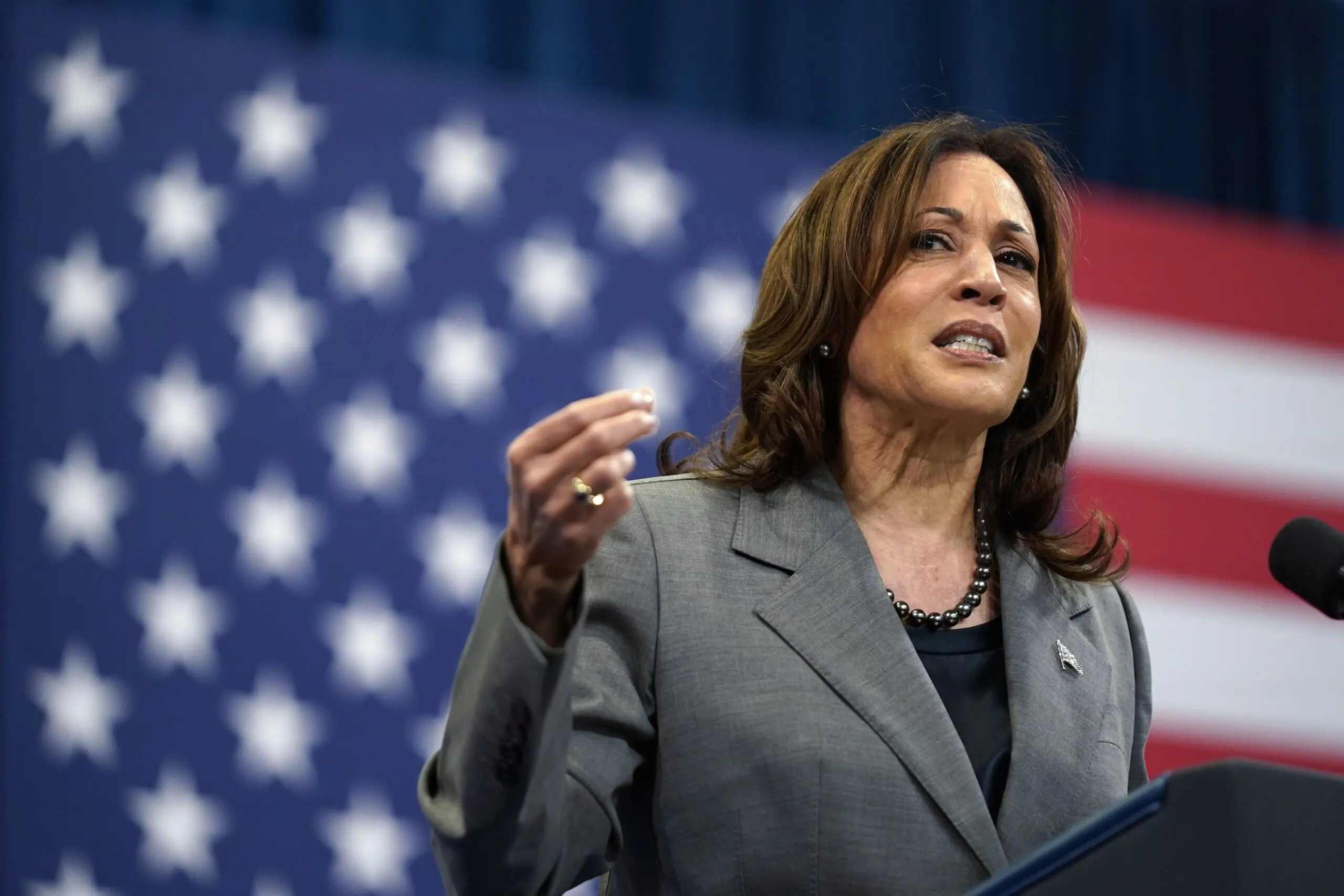infrastructure, Local, National, Politics, U.S. House
Abandoned oil and gas wells are poisoning Pennsylvanians. Rep. Lee wants to change that.

infrastructure, Local, National, Politics, U.S. House

Environment, infrastructure, Politics, U.S. House

infrastructure, U.S. House, U.S. Senate

Elections, National, Politics, Repro Rights



Economy, Politics, White House


Community, Economy, Environment